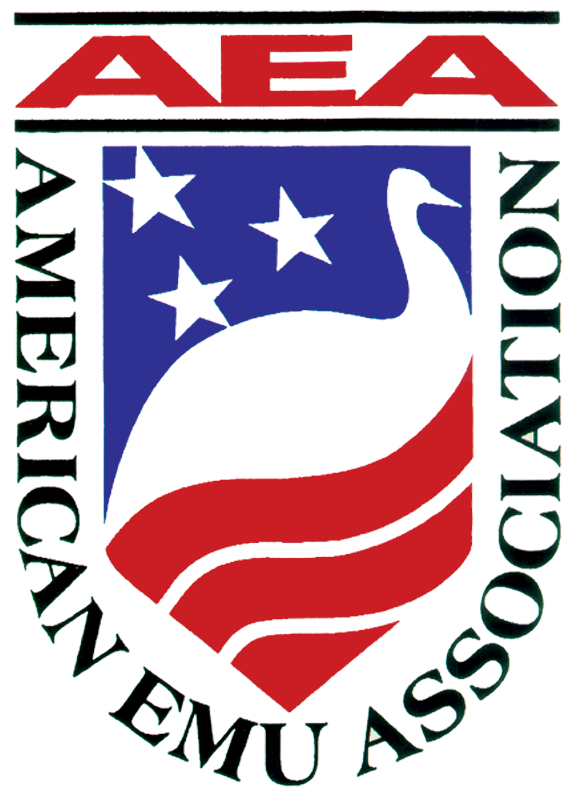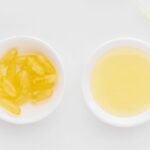Emu oil is a tremendous oil with many well documented benefits. It is a natural anti-inflammatory, penetrates deep in the skin, and has even been shown to have benefits when ingested. Research has shown that it can decrease cholesterol and decrease gut inflammation. A simple Google search will result in numerous companies selling emu oil and emu oil products for several applications. But how do you know that you are buying what they say you are buying? Fake oils are not only misleading but also can be dangerous. Consumers use emu oil topically as well as internally, so quality is of the utmost importance.
There are companies out there that are willing to sell fake emu oil and are doing so successfully. It was brought to my attention that there may be a few products online, at a certain smiling logo marketplace, that might be fake emu oil. I started looking into the products, and they had my interest peaked. I purchased the questionable products, sent the unopened bottles to the lab, and waited for the results. But how can the consumer decide what is real and what is fake? How can the public, who don’t have access to laboratories informed with knowledge in fats and oils determine that they are getting what they are paying for?
First, know the market. If you look at 10 different 2 oz emu oil bottles and they are all in a similar price range, but there are a few that are much lower, that should throw up a few red flags. There are some discount brands that are authentically emu oil, but outliers in price should be the first eyebrow raise.
Next, know the buzz words. “Triple refined,” “7x refined,” even “organic” can be buzz words that can point toward fraud. For example, some companies will put organic in their company name or product name but the oil itself will not be certified organic. If a product claims organic in its title, ask if they are certified organic, and by whom were they certified. These again on their own are not indicators of fraud, but some terms to watch out for.
Know your certifications. There are lots of certifications out there: Leaping Bunny means that the product was not tested on animals; Certified Organic, which is probably the most well-known certification; and AEA Certified Emu Oil which ensures the quality and authenticity of emu oil. When looking for validity, the AEA Certified Emu Oil Seal gives the consumer the confidence to purchase knowing that they are getting what they are paying for. The AEA has a list of certified refiners, bottlers, and product sellers. The AEA looks at a lab report from each batch of emu oil and the oil must pass a certain specification for fatty acid profile and quality standards. When a batch is certified by the AEA, it is assigned a certification number and that number will follow the product all the way to the consumer. If you are purchasing emu oil with the AEA Fully Refined Seal, you can confidently assume that it is high quality emu oil.
So, what happened to the two products that I purchased online from the smiling logo? These two products, listed as organic, 6x refined, pure grade A emu oil? The two products with hundreds of positive reviews? Well, the lab results came back with a fatty acid profile that clearly indicated they were plant origin oil. Neither sample would have passed AEA Certification for both authenticity and quality.


Hi I purched emu oil 2oz bottle at 8.00 dollars but with tax and shippingwas 15.00 I don’t understand when I read about pricing are you saying lower the price the more it’s not authentic pure emu oil Grade A so higher prices ive seen alot on the ones that 2oz bottles are close to 28.00 dollars not counting shipping so therefore they are AEA certified but how do I really know because I have skin issues and my grandkids have skin issues and I want the highest quality of emu oil with all the therapeutic and vitamin and fatty acid profile intact so I know I’m getting the real deal please contact me at your earliest convenience thanks
Ladonna,
More than anything, I am saying be cautious. If a price is too good to be true, it might just be. Also, having a third party, like the AEA, verify your oil will give you some piece of mind when purchasing.